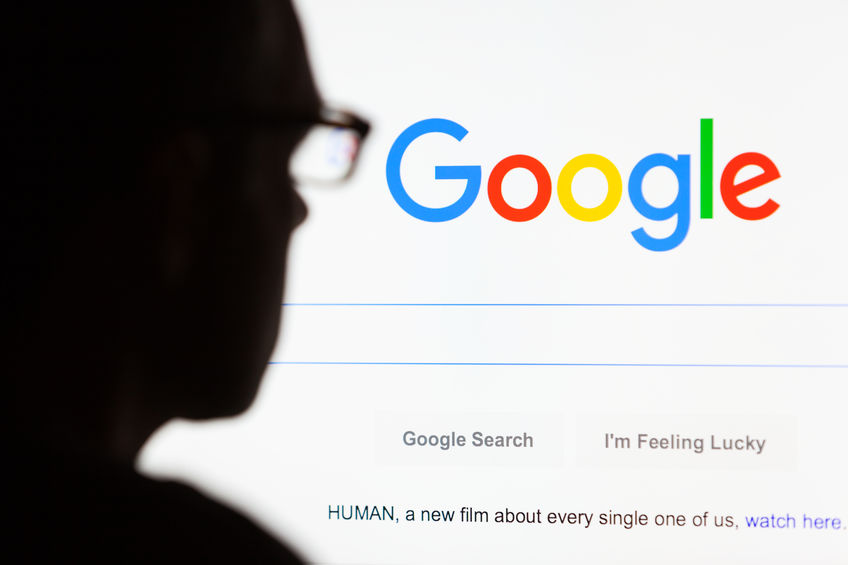President Trump has claimed that Google discriminates against conservatives. This is true to varying degrees, some of which are extreme.
As I pointed out in my article “How Google discriminates against conservatives and skeptics” the anti-conservative bias is built into Google’s search algorithm.
There is actually a semantic smokescreen here. When Google first started they decided to rank search results based on how many external websites linked to a given website. The more external links the higher the rating.
They decided to call this measure of links the “authoritativeness” of the website. But there was never any suggestion that this abstract measure was actually a measure of authority, which it certainly is not. “Popularity” or “utility” might be better terms.
There is no reason the believe that a website that a lot of people link to is more authoritative or trustworthy that a site that fewer people link to. For example, I link to Accuweather because they have a cool radar, but their temperature forecasts for me are consistently wrong because they do not recognize that I live in the mountains. Linking is not a measure of subject matter authority, far from it.
Google appears to have three degrees of bias, each more extreme. This is based on their 32 page white paper titled “How Google Fights Disinformation.”
First is the basic bias built into their link-popularity algorithm. In the policy arena conservatives dominate talk radio while liberals have a large web community. They will therefore tend to score high in Google rankings. This bias is somewhat inadvertent, but correctable.
The second tier of “authoritative” control is at the news level. Here the liberal press clearly dominates. Searching on a news item consistently yields nothing but liberal sources on the first page of results. The white paper says that news gets special attention and this bias is it.
The third level is extreme. Google calls it “Your Money or Your Life” or YMYL. They say that special authoritative controls are applied to webpages deemed YMYL and these include policy pages.
Skeptics of climate change alarmism and strong conservative sites are clearly being singled out for special attention. This usually takes the form of posting nasty negative websites along with the conservative one the user is presumably looking for.
Every search on a leading skeptical or conservative website like CFACT consistently yields an array of negative attack sites. This has nothing to do with who has the most in-links. The search algorithm is clearly tuned to attack climate change skeptics.
I imagine the search algorithm is also tuned to attack other conservative causes, but I have not yet investigated this.
The point is that this is not some algorithmic accident, which might be forgivable. (I happen to speak fluent algorithm, having developed several search algorithms for the Energy Department’s Office of Science). Google’s R&D budget is many billions of dollars a year. They know this is happening and they like it.
Google’s systematic attack on climate skepticism is carefully designed and well executed. It is also perfectly reprehensible. It may well extend to other conservative lines of thought as well.
Google needs to be reined in and straightened out. They are after all a public utility, not a private publication. Fairness and balance should be central to their mission. Maybe this is a job for the Federal Communication Commission, just as television was when it appeared. Political discrimination should not be allowed.
